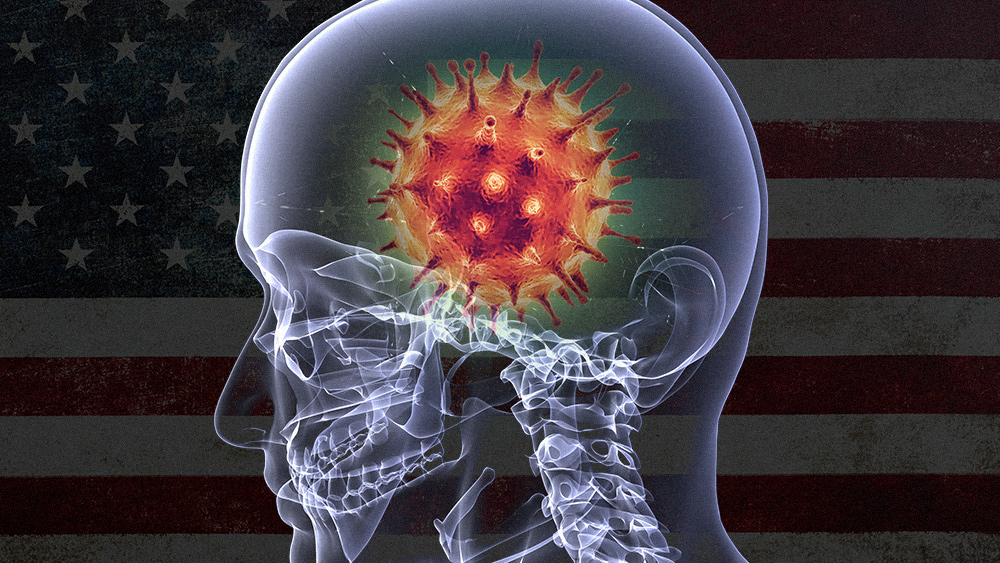
D. integrifolia is a plant found in parts of central Africa, particularly in Cameroon and Tanzania. Used for both humans and livestock, the plant is commonly used in treating conditions such as malaria, asthma, headaches, and worm infections. Additionally, it is also given to people with neurodegenerative diseases like schizophrenia, epilepsy, and dementia. There are, however, limited studies that support the pharmacological activity of the plant for the latter, researchers noted.
For this study, the research team studied the effect of the leaves of D. integrifolia when dealing with the effects of MSG in the central and peripheral nervous system. Aside from that, they also looked at the leaf's effect on behavior, locomotion, and muscle grip. Monosodium glutamate is a food additive that is primarily used to provide food with "a special taste." However, previous animal studies have indicated the toxicity of MSG salt, especially in the central nervous system. This increases the risk of developing conditions such as Alzheimer's disease, Parkinson's disease, epilepsy, and ischemia (a lack of blood supply), among others. (Related: Monosodium glutamate induces kidney, liver damage in study on rats.)
The study tested the effects of D. integrifolia using animal studies. The rats that were used were divided into groups. The groups were then injected with MSG; however, a group was given a decoction of D. integrifolia an hour before the experiment. The procedure was then repeated for a week while being observed by the team. Every day, the mice were tested for their activity and behavior.
Researchers discovered that D. integrifolia was able to counteract the neurotoxicity brought by monosodium glutamates such as hyperexcitation, behavior changes, and oxidative stress. During the study, the team noted how MSG affected the behavior of mice. Whereas mice in the control group were noted to be very aggressive, the group that was given the decoction did not show significant changes in behavior. Moreover, they displayed better locomotor activity over mice that were not given D. integrifolia.
The scientists also found out that the decoction they used contained beneficial phytochemicals such as alkaloids, saponins, tannins, flavonoids, anthraquinones, and triterpenes. These chemicals are known to be rich antioxidant sources and possess brain-boosting and cancer-fighting capabilities.
"These results can at least explain the wide use of this herb in traditional medicine in the treatment of central nervous disorders," the researchers write. "Nevertheless, to understand the exact mechanism by which this plant exerts neuroprotection, other specific animal models of central nervous system disease are needed."
Aside from the risk of brain and nerve damage, monosodium glutamate can also increase the risk of obesity. A study made by the University of North Carolina at Chapel Hill School of Public Health (now the UNC Gillings School of Global Public Health) correlated MSG use with weight gain. Researchers noted the "prevalence of overweight was significantly higher in MSG users than in non-users."
Dr. Ka He, an assistant professor of nutrition and epidemiology at the UNC Gillings School of Global Public Health, summed it up best with his statement in the website Science Daily. "The U.S. Food and Drug Administration and other health organizations around the world have concluded that MSG is safe," he quipped. "But the question remains – is it healthy?"
Learn more about how monosodium glutamate damages your body by going to MSG.news today.
Sources include:
Please contact us for more information.























